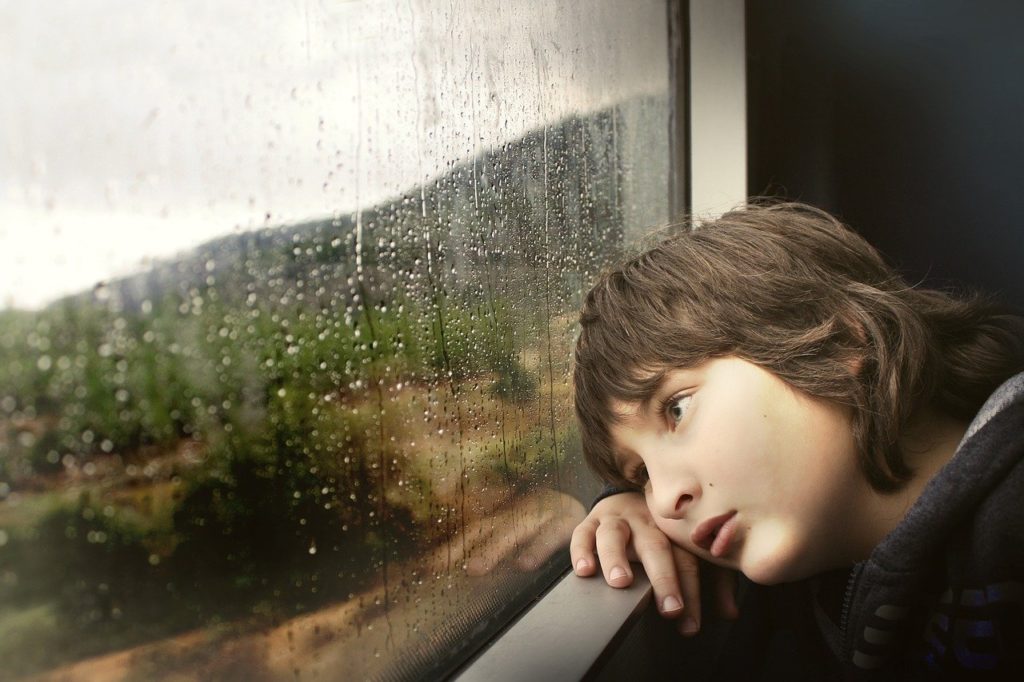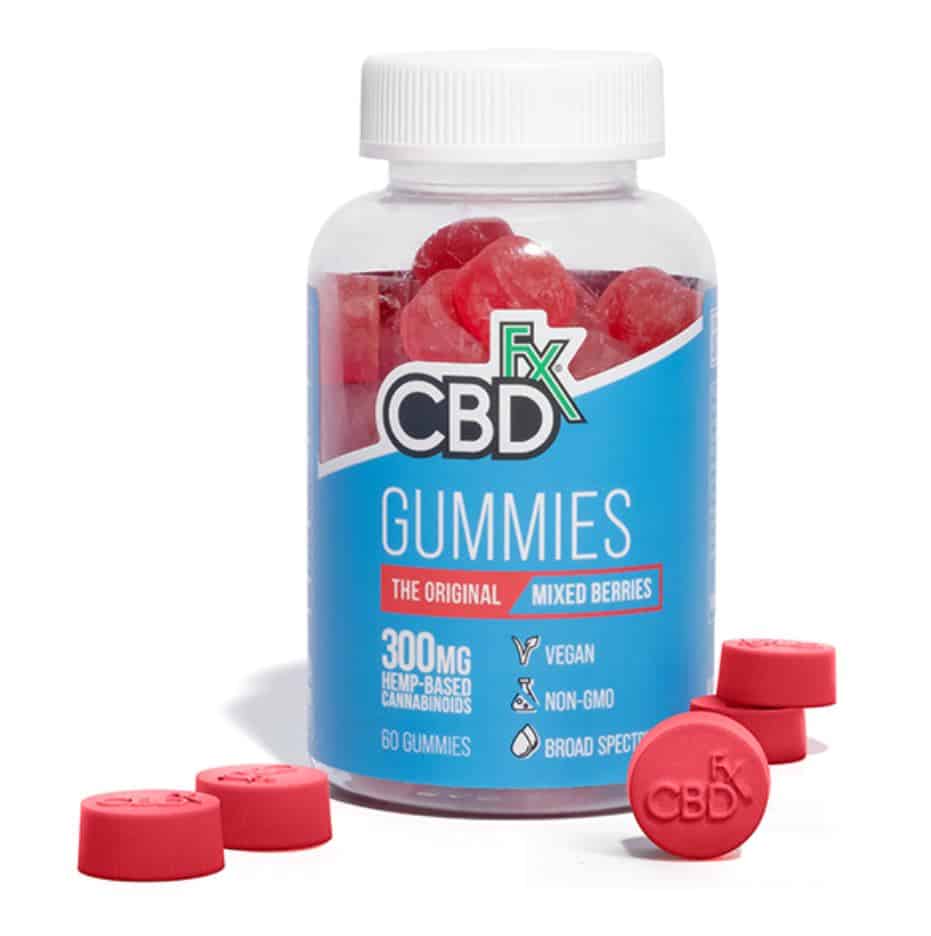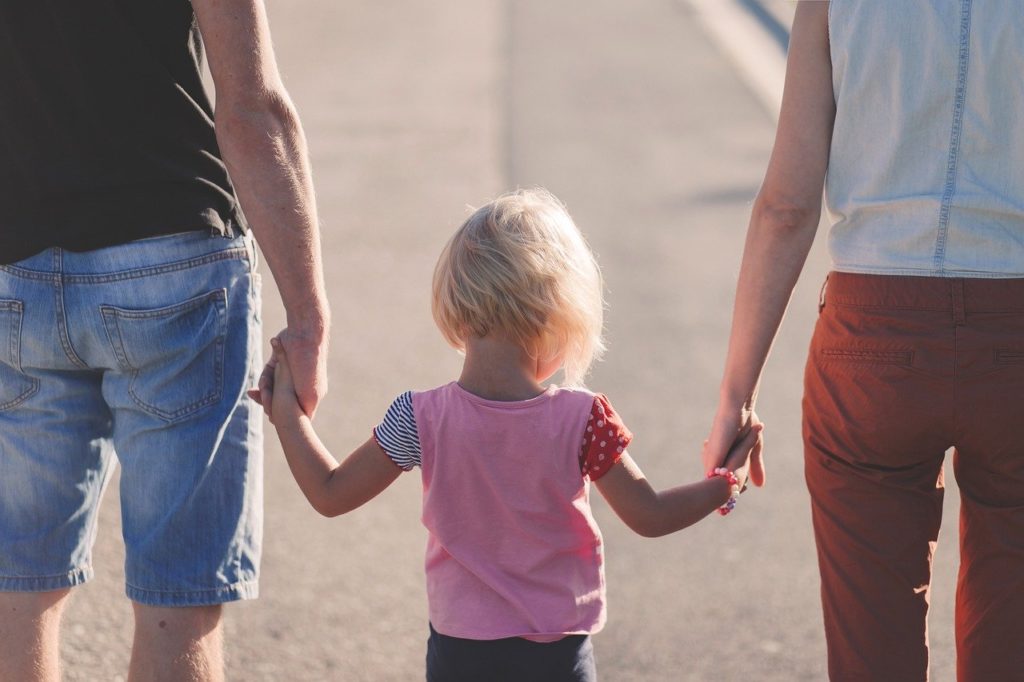CBD for Children: Safe and Effective In Proper Doses

While CBD hasn’t received enough scientific validation for use on kids, many parents have been reporting significant success with managing their children’s anxiety, hyperactivity, autism, and epilepsy. Read on to learn what we know and what we still need to find out.
Online forums are starting to get saturated with parental queries and feedback on the safety and effectiveness of the use of CBD for children. Many are sharing touching stories of life-changing effects the cannabinoid has had on their children and families. Some are commenting that CBD made no difference, and, occasionally, that its adverse effects made matters worse. Others are just trying to learn about the safety of using CBD, concerned about the lack of federal verification as a medicine and the regulation of the market.
This article will try to provide a balanced perspective on these matters for parents to make an informed decision on whether using CBD products to treat their child’s condition is worth it. At this point, with insufficient scientific validation and medical standardization, the outcome of giving CBD to children is a mix of encouraging preliminary study results, dependence on the condition and the child’s individual reaction to it, some randomness and unknowns, and a necessary thorough scrutiny of what exactly is in the product.
All that said, CBD seems to be garnering massive anecdotal support for alleviating symptoms of disorders treated with medication with more serious side effects, or those resistant to conventional pharmaceuticals altogether. Let’s first take a look at what CBD purportedly helps with and then we will move on to what parents need to know and beware of if considering using it.
CBD for Children: What Can It Help With?
First off, two things need to be made very clear:
- CBD is no silver bullet – if research indicates it’s effective for a certain condition, it does not mean it will work for everyone, it may work for children differently than it does for adults, and it should be used as a supplement to other proven healthy and safe methods more than relied upon as a primary course of action.
- Children’s bodies are not as resilient as adults’ are – there are certain side effects which have been linked to CBD use, and potential other ones of long-term use of CBD products which we still know little about – almost nothing when it comes to underage users. This is why utmost caution is advised in choosing a provider; they must be reputable and have third-party safety verifications, ideally from a highly official source. More on this later.
CBD for Epilepsy
The only FDA approved use of CBD is for reducing the frequency and intensity of epileptic seizures. The strawberry-flavored, sesame oil–based oral solution Epidiolex (a 100 mg/mL CBD concentrate) has been shown to significantly reduce frequency of seizures in patients with either Lennox-Gastaut syndrome or Dravet syndrome, two rare and severe forms of treatment-resistant epilepsy.
Epidiolex was thoroughly vetted in three randomized, double-blind, placebo-controlled clinical trials involving over 500 patients (1, 2, 3). Across the board it was found that the frequency of seizures dropped on average by about 40%. Many participants had also experienced a reduction in seizure intensity, and a small number became seizure-free.
The effectiveness of CBD notwithstanding, various side effects were also reported, in some cases in as much as 86% of the CBD test group. They included diarrhea, drowsiness, vomiting, fatigue, fever, decreased appetite, and abnormal liver functioning and are so common due to high doses given to the children. However, similar side effects were also recorded in placebo groups, as commonly as in 69% of the participants.
It’s possible that CBD may be effective with seizures stemming from other kinds of epilepsy and other medical disorders, too. However, this is subject to further research.
CBD for Anxiety
Unlike THC (the main cannabinoid marijuana is known for), CBD doesn’t cause a “high” nor paranoia, even at high doses. It actually appears to do the opposite and attenuate existing anxieties.

The anxiolytic effects of CBD are among its most well-documented therapeutic benefits what CBD products are most used for, aside from pain management. Research has found that it helps to reduce the general anxiety levels and discomfort during public speaking in people with social anxiety disorder, as well as to have anxiolytic, antipsychotic, and neuroprotective properties.
Even when consumed together with THC, CBD was reported to balance out the effects by diminishing THC-induced anxiety in what’s known as the ”entourage” effect in cannabis.
These studies have generally not reported adverse effects of CBD, but they are rarely longitudinal and the participants are normally adults.
CBD for Autism
The research on the effects of CBD on autism has been emerging over the past few years with promising results as positive anecdotal reports also accumulate on online forums.
In 2018, a preliminary study published by a group of Israeli researchers included 60 children who were treated with an extract of CBD and THC at a ratio of 20:1. The study reported significant improvements in all symptoms analyzed, which included behavioral outbreaks, anxiety and communication problems, disruptive behaviors, and overall stress levels of the children. Adverse effects were present in 9-14% of the participants, and they included sleep disturbances, irritability, and loss of appetite.
Another group of Israeli researchers recently published a study in which they had parents of 53 patients with autism spectrum disorder (ASD) aged between 4 and 22 administer their children with oral drops of CBD oil. The treatment lasted between 30 and 588 days, and the parents later reported their assessments of the ASD symptoms. The results were similarly encouraging, with significant positive changes across the board, positively affecting self-injury and rage attack frequency and intensity, hyperactivity symptoms, sleep problems, and anxiety. Side effects resembled the previous study in quality and frequency.
Autism spectrum disorder symptoms seem to be relieved significantly with the use of CBD as well as with another, less-known cannabinoid – cannabidivarin (CBDV). If science prioritizes the investigation of the effects reported so far, and further research replicates and specifies the success, we may be seeing a cannabinoid-based ASD medication on the horizon in a matter of years.
Read our full article on using CBD for autism spectrum disorder here

CBD for ADHD
Due to CBD’s potent antidepressant and anxiolytic effects, the cannabinoid should benefit those who suffer from ADHD and also show symptoms of anxiety and/or depression, which is a significant portion of all ADHD sufferers. Also, it may prove more helpful to those patients who are predominantly hyperactive due to its impact on the parasympathetic and sympathetic nervous system, which promotes calmness and rest and reduces overall levels of stress and irritability.
As for the attention deficit portion of the disorder, the picture is a little less clear, and the science scarce.
While numerous positive experiences can be read on online forums, there is only one published study available reporting beneficial effects of a CBD-enriched cannabis extract on ADHD. This recent study actually focused on the impact of CBD on autism. The ADHD symptoms in these ASD patients reportedly improved in thirteen out of the fifteen participants. In a few participants the improvement was substantial, while most of the others only saw mild benefits.
As for the anecdotal reports, they are of positive and null effects. Online discussions seem to indicate that the outcome may depend on the nature of the ADHD and the specific strain of hemp or cannabis used for the CBD extract, as well as on other factors like age and individual body chemistry.
The fact is that it’s impossible to say whether it’s effective, how effective it can be and in which cases without proper double-blind clinical trials. Still, many people seem to be finding benefits in it, while others report no improvement, but no negative side effects either. CBD may be worth a try for ADHD but, until we have proper research available, it’s not recommended unless other methods aren’t helping.
CBD for Sleep Disorders
Sleep disorders are most often a consequence of elevated stress due to disorders such as anxiety and depression. CBD has shown positive results in treating these two root cause conditions.
As for specific research into its effects on sleep, there isn’t much available, but a recent study has reported that two thirds of the participants, who were suffering from anxiety and sleep disorders, improved their sleeping patterns by using CBD. The improvement was sustained, albeit fluctuating.
Numerous anecdotal reports of the effectiveness of CBD oil for sleep quality are available online, and this purported benefit of CBD has even garnered it mainstream media attention. Until more specific research becomes available, however, it’s best to err on the side of caution if using CBD to treat your child’s sleep disorder as it’s likely that the effects are highly individual and depending on factors we’re not yet familiar with.
Read our full article on using CBD for insomnia and sleep disorders here
What Every Parent Must Know if Considering Giving Their Kids CBD

As children are much smaller than adults and their bodies are still developing, there are many more constraints that should be considered in order to safely attempt using CBD to treat their symptoms and conditions. Here are some crucial bullet points to keep in mind:
- CBD is not psychoactive – Unlike THC, there is no risk of getting your kid “high” when using a CBD product on them. Also,
- CBD products derived from hemp are legal in all 50 states – CBD products derived from CBD-rich cannabis strains are still under medicinal marijuana regulations for each specific state. However,
- The CBD market is not controlled federally – Unfortunately, this means that what’s inside the products themselves doesn’t always match the label. A recent analysis of Dutch-made cannabis oils showed that only 21 out of 46 products even advertised the ingredient concentrations and that many of those were inaccurate. Seven didn’t contain any cannabinoids at all, and one had more than 50 percent more THC than the label claimed. While a similar review paper of US products is not available, it’s not news that concentrations vary. Chris Martinez, the president and co-founder of Evio Labs, elaborated on the current market inconsistencies after his laboratory had tested CBD products from over 400 companies. Additionally, aside from the concern about the quantities of main ingredients,
- The CBD products extracted from hemp may contain various toxins – hemp, which is legal nationwide, is grown industrially, and additives such as pesticides and heavy metals may be used in the process. This is why
- It’s highly important to buy only from reputable sources with verifiable third-party testing – you should look for a certificate of analysis (CoA) from laboratories with certifications from one of these organizations: the Association of Official Agricultural Chemists (AOAC), the American Herbal Pharmacopoeia (AHP), or the U.S. Pharmacopeia (USP). All said,
- CBD extracted from CBD-rich cannabis plants is generally safer – however, if the product comes from hemp which is grown in organic soil and is free of pesticides and toxins, and this can be verified, it is safe to use. As for THC, it’s usually present in insignificant quantities; however, to mitigate the risks,
- It is generally advised to use either the THC-free versions of full-spectrum CBD products or to use CBD isolates – in full-spectrum products, THC-free versions are made by special removal techniques such as supercritical carbon dioxide extraction, which removes specific elements such as THC while keeping the rest intact; as for isolates, they are guaranteed to be THC-free, but they will not have all the “entourage” benefits of the other cannabinoids and terpenes from the plant.
- Be mindful of the way of administration – there are many ways to ingest CBD and many forms it comes in, but not all are appropriate for children. The most suitable and popular ones are: CBD gummies, CBD oils, alcohol-free CBD tinctures, CBD syrups, and CBD topical solutions for treating skin issues. Gummies are the easiest to precisely measure the dose, and they are yummy and easily embraced by children.
- Be aware of and vigilant for potential side effects – and discontinue CBD treatment if they outweigh the benefits. An especially concerning one is elevated liver enzymes which may lead to liver lesions; if you’re planning on giving your child CBD long-term, you need to monitor this carefully and immediately discontinue the treatment if there is indication of abnormal liver functioning.
- Consult with your child’s physician and get second opinions from experts you may know – especially if your child is already taking some medication; CBD can interact negatively with pharmaceuticals.
- Start low and go slow – because doing otherwise may overwhelm your child’s system.
CBD Dosages for Children
Like with other supplements, CBD doses for children need to be adjusted from the recommended adult dosages according to their weight.
For adults, the dosage range for a single serving of CBD, depending on the condition being treated is from 15mg (low) to 45mg (moderate). For children, the dose can be calculated in one of the following ways:
- Ausberger’s Rule: [1.5 x weight of child in kg] + 10 = percentage of adult dose
- Salisbury’s Rule:
- For children under 30 kg (66 lbs): [weight of child in kg x 2] = percentage of adult dose
- For children over 30 kg (66 lbs): [weight of child in kg + 30] = percentage of adult dose
If pure, CBD products should be completely safe to use in the indicated dosage range, with potential seldom and manageable side effects. However, for treating more serious conditions, higher dosages will be needed, and these may induce more frequent and more intense adverse effects. If you feel like your child needs higher doses, be sure to discuss this with their doctor prior to experimenting on your own.
Would you, or have you tried using CBD for treating your child’s condition? What are your experiences?
If you haven’t, are you considering it? What are your concerns?
Please share them with us in the comments below.
